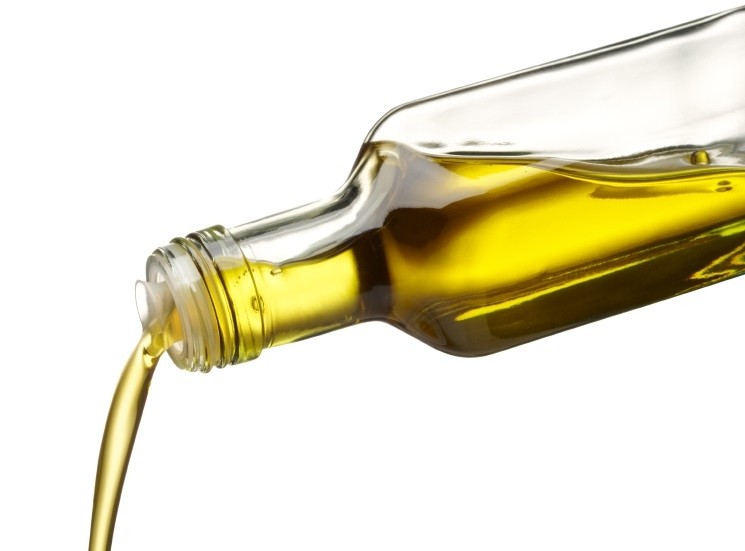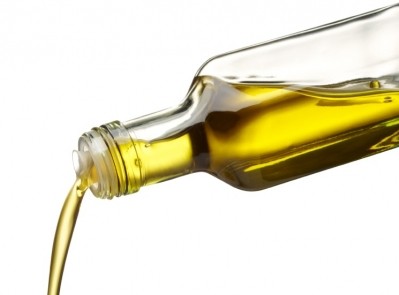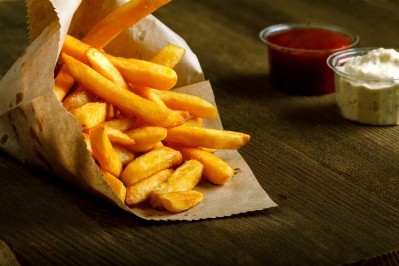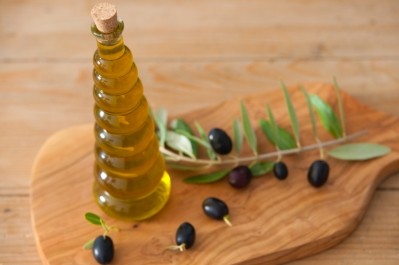Italian court quashes €0.5m Lidl olive oil fine after appeal

Back in 2016, the Italian Antitrust Authority (Autorità Garante della Concorrenza e del Mercato or AGCM) imposed a €550,000 fine on Lidl as well as fines on Spanish olive oil processor Deoleo and Pietro Coricelli for misleading practices.
This was prompted by the results of tests on the organoleptic characteristics of several commercial oils commissioned by consumer association Konsumer Italia for its monthly magazine Il Test. It found that Lidl’s Primadonna brand, produced by the Fiorentini company, had the traits of a virgin olive oil and not extra-virgin. The Prosecutor's Office in Turin then ordered a second round of tests which confirmed the initial finding.
In issuing the fine, the Antitrust authority said it took into account the economic size and turnover of the firms in question.
Lidl appealed the decision, however, saying it had shown the normal degree of due diligence that could be expected from a food business operator, carrying out all the necessary procedures to evaluate the quality of the oil.
In its defence, Lidl described the series of checks it had commissioned, including an initial control made by the supplier Fiorentini Firenze spa in its laboratory.
"The samples of that product, in accordance with the contractual provisions, are then sent to Germany at the prestigious Eurofins laboratory. In the face of two compliant analyses (Fiorentini Firenze spa and Eurofins laboratory), the product can be marketed,” the defence read.
The appeal judges' conclusion accepted that AGCM did not sufficiently explain how Lidl had failed to show due diligence.
In addition to quashing the fine, the regional administrative court of Lazio ordered the legal costs to be compensated.
Subjective sensory panels
Lidl also challenged the court’s decision because of the subjective nature of a sensory panel, arguing that AGCM should not have considered “subjective assessments such as those resulting from the organoleptic examinations or so-called panel test” as sufficient evidence.
The judges rejected this argument although, according to managing director of Hylobates Consulting and food law expert Luca Bucchini, "the limited repeatability of panel testing was probably on judges' minds".
The problem is indeed that sensory panels are subjective, he said.
"While positive panel tests are important to show compliance, negative panel test results alone may not be sufficient for authorities to win important cases against brands, in court. Nothing suggests you can forgo panel tests, if you produce extra virgin olive oil."
Further appeal?
Lidl may not have had the last word, however, as the president of Konsumer Italia, Fabrizio Premuti, told us the consumer group, along with another consumer association CODICI, was considering an appeal against the verdict.
"In our opinion the verdict is quite astonishing, as it cancels a fine not for reasons of quality and possible harmfulness for consumers, but because the AGCM did not describe well enough the reason why the professional behavior was negligent. So we could say that, if you are in a suit, you can serve the consumer anything you want!"
Premuti added that Konsumer Italia's action had not been in vain, however, as it hoped more professional checks on product quality and safety would result.
According to Bucchini, the case emphasises olive oil producers' need for an adequate system of controls - including panel tests - to show due diligence.
















